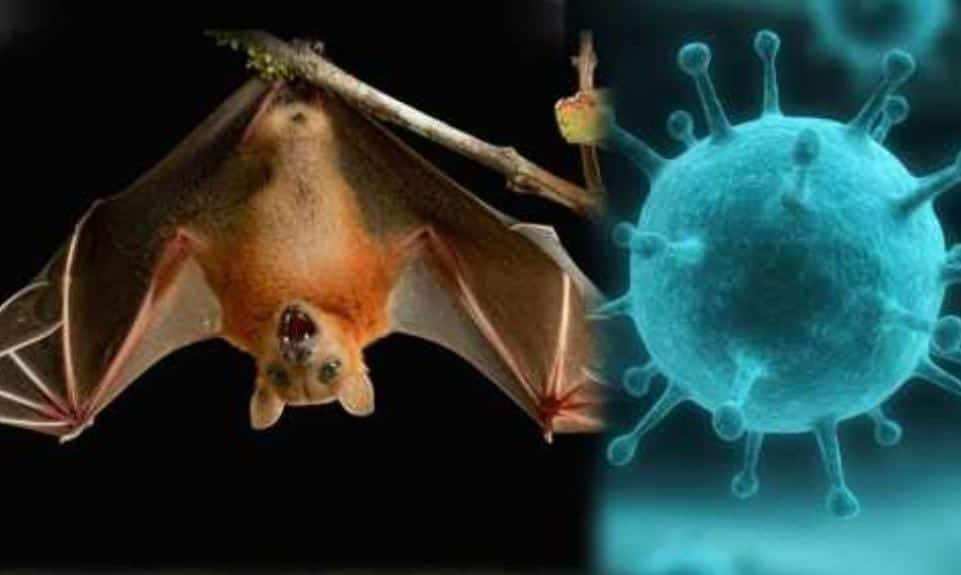Once again, Kerala is grappling with the ominous reappearance of the Nipah Virus. The state’s health department has raised an alarm following two mysterious deaths in Kozhikode, suspecting Nipah Virus (NiV) as the cause. Heightening concerns, one of the deceased individuals had a relative admitted to the Intensive Care Unit (ICU) with similar symptoms, intensifying fears of a potential outbreak. These patients had received treatment at a private hospital in Kozhikode.
This situation has triggered a swift response from health authorities, who convened a high-level meeting to assess the situation and implement measures to contain the virus’s spread. In this comprehensive article, we delve into the Nipah Virus, examine its historical presence in Kerala, and explore the critical steps individuals and communities can take to prevent its transmission.
Understanding Nipah Virus: A Zoonotic Threat
Nipah Virus is categorized as a zoonotic disease, signifying its ability to jump from animals to humans. Transmission occurs primarily through the consumption of contaminated food or direct contact with infected individuals. The virus is not only a threat to human health but also poses significant risks to animals, potentially causing severe diseases among them. This can result in substantial economic losses for farmers and animal breeders.
Insights from the World Health Organization (WHO)
The World Health Organization (WHO) classifies Nipah Virus infection as a zoonotic disease, capable of spreading from animals to humans. It has a notorious reputation for causing severe diseases and fatalities in both. While Nipah Virus has been responsible for localized outbreaks in Asia, it infects a wide range of animals, often resulting in serious illnesses and fatalities in humans.
Recognizing the Symptoms of Nipah Virus
The symptoms associated with Nipah Virus infection closely resemble those of COVID-19, making early detection and diagnosis crucial. These symptoms include:
Persistent cough
Sore throat
Dizziness
Overwhelming fatigue
Muscle pain and discomfort
Recurrent headaches
Encephalitis (inflammation of the brain)
Severe respiratory distress
Mental confusion and disorientation
Seizures
Stiffness in the neck
Heightened sensitivity to light
Preventing Nipah Virus Transmission: The Best Defense
At present, no specific antiviral treatment exists for Nipah Virus infection, emphasizing the paramount importance of preventive measures. Key strategies for averting the virus’s spread include:
Avoid Consuming Fallen Fruits: Refrain from eating fruits that have fallen on the ground, as these may have been exposed to infected animals.
Limit Contact with Pigs: Avoid feeding pigs, which can act as intermediaries for Nipah Virus transmission.
Bat Awareness: Take precautions to minimize contact with bats, known carriers of the virus, and avoid handling them.
Hygiene Practices: Emphasize good hygiene practices, such as regular handwashing with soap and water, to reduce the risk of contamination.
In Conclusion
The reemergence of Nipah Virus in Kerala is a matter of grave concern for public health and safety. While healthcare authorities work diligently to contain the situation, individuals and communities must play their part by adhering to preventive measures. Vigilance, meticulous hygiene, and responsible behaviors are pivotal in combating Nipah Virus and safeguarding the well-being of communities. Stay informed, stay safe.




